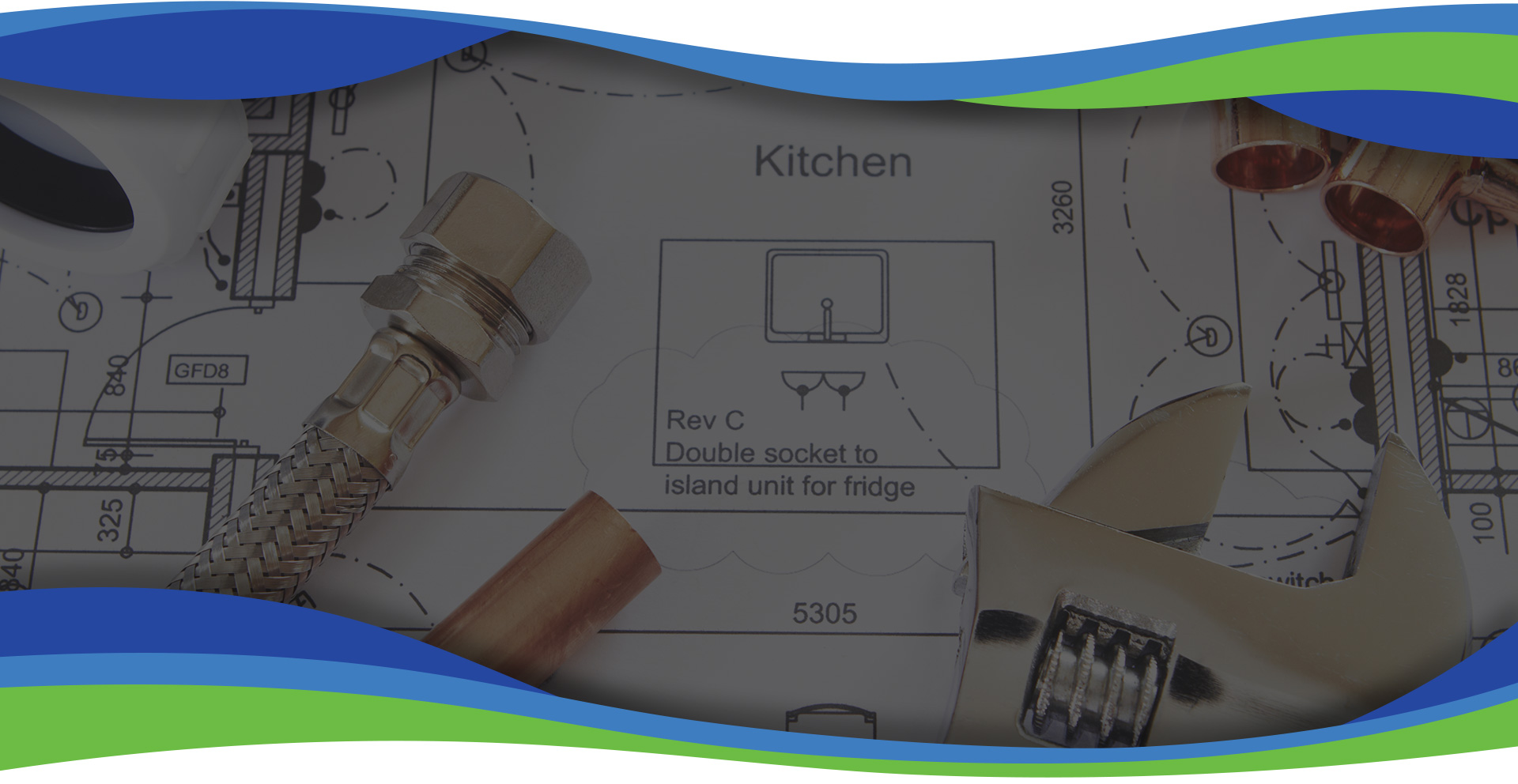
Piping & Repiping in Chicago Heights
Comprehensive Plumbing Piping Care in Oak Forest
Are you dealing with aging pipes, frequent leaks, or low water pressure? Our expert plumbers understand the unique challenges of local plumbing systems, including the impact of seasonal temperature fluctuations and older infrastructure. We offer comprehensive pipe repairs and repiping solutions to make sure your home or business has a reliable and efficient water supply.
From minor repairs to complete repiping projects, we use high-quality materials and advanced techniques to deliver lasting results.
Contact us at (708) 773-7991 or online to safeguard your property with professional piping and repiping in Chicago Heights.
The Repiping Process
Repiping a home or business is a significant undertaking, requiring careful planning and execution. At Charge Plumbing, we streamline the repiping process to minimize disruption to your daily routine. It begins with a thorough assessment of the existing plumbing system, identifying problem areas and determining the most suitable piping materials. Following the assessment, a detailed plan is created, outlining the scope of work and obtaining any necessary permits.
Our skilled plumbers then meticulously remove the old pipes, preparing the space for the new system. Installation involves precise fitting and secure connections to maintain optimal water flow and prevent future leaks. Once the new pipes are in place, a comprehensive inspection and testing phase follows, verifying the system’s integrity. We prioritize clean and efficient work, minimizing mess and restoring functionality promptly. Throughout the process, we maintain clear communication, keeping clients informed and addressing any concerns. Our team delivers quality repiping, providing peace of mind and a dependable plumbing system.

Hear From Our Happy Customers
At Charge Plumbing, your satisfaction is our priority! See for yourself what our customers have to say about working with us.
-
"Don’s pricing was fair and his technique was top notch!"You do not have to look anywhere else! You can trust Charge Construction and Plumbing with your needs.- Karlyn B.
-
"My experience was amazing."I would recommend this company to family and friends.- Domineka M.
-
"I will definitely contact this company again if I need further assistance."From the time of initial contact until the end of service, I was treated with professionalism.- Ashira B.
-
"Thank you so much Charge Plumbing!!!"We are new to the South suburbs and now we don't need to worry if we ever need you again.- Stacy H.
-
"I’m very grateful Lisa was able to fit me into their schedule."I’ll definitely keep Charge Plumbing in mind next time I need any plumbing work done. Thank you!!- Jaime A.
-
"I will definitely contact this company again if I need further assistance."It took less than a hour to complete and I really appreciate him for helping me.- Ashira B.
-
"You can trust Charge Plumbing with your needs."Don’s pricing was fair and his technique was top-notch!- Karlyn B.
Signs You Need Repiping
Recognizing the signs of aging or damaged pipes is crucial for preventing costly water damage and ensuring a reliable home water supply. Over time, pipes deteriorate due to corrosion, mineral buildup, and the constant pressure of water flow. This degradation can lead to a variety of issues, signaling the need for repiping. Ignoring these indicators can result in significant property damage and health risks.
Signs that a home’s piping system may require professional repiping include:
- Discolored water: Rusty or brown water often indicates corroded pipes, especially galvanized steel.
- Low water pressure: A noticeable drop in water pressure across multiple fixtures suggests internal pipe blockage or damage.
- Frequent leaks: Recurring leaks, even after repairs, signal widespread pipe deterioration.
- Strange noises: Banging or gurgling sounds from pipes can indicate blockages or air trapped within the system.
- Visible pipe corrosion: Flaking, rust, or discoloration on exposed pipes is a clear sign of aging and potential failure.
- Age of the home: Homes built before the 1970s often have galvanized steel pipes, which are prone to corrosion and should be replaced.
If these signs are observed, Charge Plumbing can provide a comprehensive plumbing inspection to determine the best course of action. We offer expert repiping solutions using high-quality materials for a long-lasting and efficient plumbing system.
-
Financing Options AvailableWe understand the financial burden some plumbing work can bring. That's why we've partnered up with Wisetack to offer you financing help in the times that are needed most to keep your home running smoothly.
-
Locally Owned & OperatedOur longstanding presence in the community reflects our commitment to quality work and customer satisfaction. Charge Plumbing is trusted in the community to deliver quality plumbing solutions to all homes and businesses.
-
Customer Care FocusedOur number one priority is for all our customers to have an excellent experience from beginning to end. From the time you call us to schedule your appointment to the end of the service we provide.
-
Trained & Certified TechniciansHighly trained and certified technicians to ensure precise diagnostics, efficient repairs, and adherence to industry standards. Our certifications are our commitment to continuous learning and mastery of advanced technologies.

Types of Piping Materials
Selecting the right piping material is essential for a durable and efficient plumbing system, especially in Chicago Heights, where seasonal temperature variations and older infrastructure present unique challenges. Various materials offer distinct advantages and disadvantages regarding longevity, cost, and suitability for specific applications. Understanding these differences allows for informed decisions when repairing or repiping a plumbing system.
Here are common piping materials used in residential and commercial plumbing:
- Copper pipes: Known for their durability and resistance to corrosion, copper pipes are a reliable choice for water supply lines.
- PEX (cross-linked polyethylene) pipes: Flexible and cost-effective, PEX pipes are ideal for both hot and cold water lines, offering easy installation and resistance to freezing.
- PVC (polyvinyl chloride) pipes: Primarily used for drain, waste, and vent lines, PVC pipes are resistant to chemicals and corrosion.
- CPVC (chlorinated polyvinyl chloride) pipes: Designed for hot water distribution, CPVC pipes withstand high temperatures and are commonly used in residential water heaters.
Our plumbers understand the nuances of each piping material and can recommend the best option for specific plumbing needs. Our expertise makes sure every installation or repair is performed with the highest quality materials, providing a long-lasting and reliable plumbing system.
-
What type of plumbing issues are not covered by most homeowners' insurance policies?
Most homeowners' insurance policies do not cover plumbing issues resulting from lack of maintenance, gradual leaks, or pre-existing conditions. It's important to review your policy for specific coverage details.
-
How long does it typically take to install a new garbage disposal?
The installation of a new garbage disposal usually takes around 2 to 4 hours, depending on the complexity of the installation and any additional plumbing modifications required.
-
What should I do if I smell a gas leak in my house?
Evacuate the premises immediately, do not use any electrical devices or open flames, and call your gas company and a plumber to address the issue.
-
How can I prevent my pipes from freezing during the winter months?
To prevent frozen pipes, insulate exposed pipes, keep cabinets under sinks open to allow warm air circulation, and let faucets drip during extremely cold temperatures.